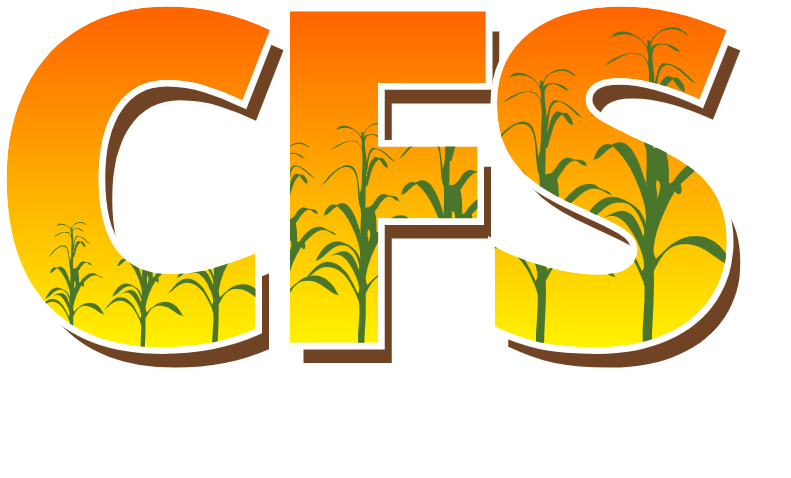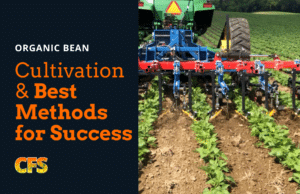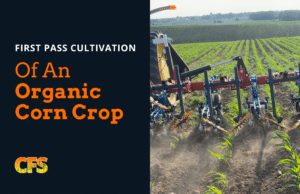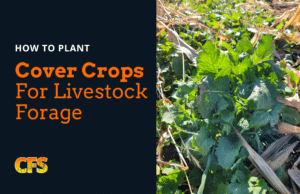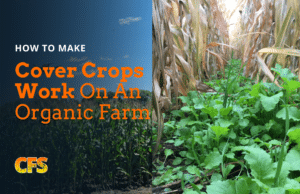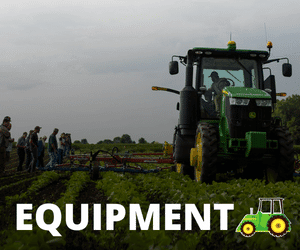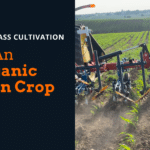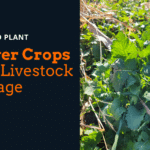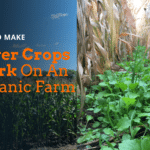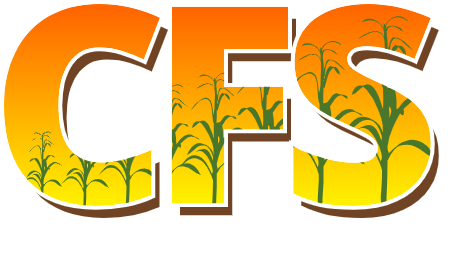As an organic farmer, you know how many factors go into the health and yield of your crops. You take special care to select the right equipment and times for planting. But how do you choose the best organic fertilizer for organic farming? There are many elements to consider. However, two of the most common types of manure are chicken manure and cow manure. Chicken manure is sold raw, or in pelleted form. Both options are good, but it’s helpful to know the exact differences to make the right choice.
In this article, we will break down the differences between chicken manure pellets and cattle manure. We hope this helps you make an informed choice for your organic farming fertilizer.
Comparing Cattle Manure & Poultry Manure
Manure from cows and chickens have a lot in common. Both are some of the best resources of nutrients for organic crop farmers, making it easier to earn and maintain your organic certification. They both also increase your soil’s water retention. However, cow manure is typically more expensive and contains fewer nutrients than chicken manure.
Chicken Manure
Chicken manure pellets, or other types of poultry manure (such as turkey litter), are a popular fertilizer for organic farms. Hens will typically consume about twice as much water as feed, which means they produce twice as many fresh droppings as the food they eat. This is great news for farmers because it keeps the price of chicken manure pellets very affordable. The analysis of our chicken manure pellets is typically 5-4-2 NPK. This means that in every ton of manure, there is 5% nitrogen, 4% phosphorus, and 2% potassium.
Poultry manure is highly acidic compared with other organic manures. However, the acidity can be significantly reduced with proper composting, just like any other raw manure. Once the composting process is complete, chicken manure is a completely safe and beneficial fertilizer for organic crops.
Advantages of Chicken Manure
- Naturally a great source of nitrogen, phosphorus, and potassium.
- Costs significantly less than cow manure.
- More accessible throughout North America than other types of organic manure.
- Hog manure has a significantly lower amount of NPK than chicken manure, which is highly needed by plants.
- More expensive than chicken manure.
Cow Manure
Cow manure, also known as dairy manure or cattle manure, is available in large supply in states with strong beef production. Cattle manure is made up of digested grass and grain. It contains about 3 percent nitrogen, 2 percent phosphorus, and 1 percent potassium (3-2-1 NPK).
However, it’s higher price tag and lower NPK analysis make it a weaker fertilizer for organic farming. Some farmers also worry that cow manure can transfer seeds from the animal’s heavy grass and grain-based diets.
Advantages of Cow Manure
- When composted correctly, dairy manure contains good bacteria which slowly release to plants without burning their roots.
- Can be used mixed into soil or as a top dressing.
- Mixing composted manure into your soil can improve its moisture-holding capacity.
At the end of the day, it’s up to you to pick the best fertilizer for your organic crop farm. Nobody knows your farm’s needs better than you. But in our opinion, chicken manure pellets are the best fertilizer for organic crop farming. That’s why we built our business around them!
If you’re just starting the process of transitioning to organic farming, then it never hurts to ask for some advice. Our experienced team has helped farmers throughout the country earn and keep their organic certifications. If you have any questions, please give us a call. We’re always happy to help.
